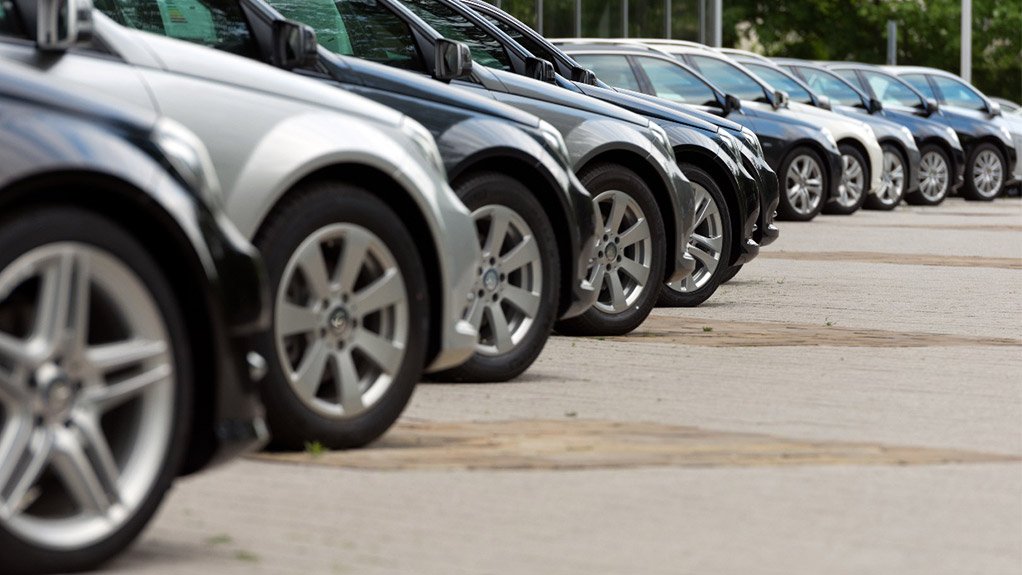Since 2014, 50 million vehicles per year have been recalled globally, including in South Africa. While this at first glance looks like an incredibly large number of vehicles that could pose serious risks, recalls don’t always suggest that there are serious risks imposed on each and every consumer who is in possession of that particular car.
Recalls are precautionary measures taken by a manufacturer after a safety issue has been identified. If the same defect or safety issue has been identified in a number of vehicles a recall can occur. Once identified, certain processes must take place for an effective recall.
Written in collaboration with Hippo.co.za, here are the responsibilities placed on both the manufacturer and the consumer.
Recalls can take place for several reasons, among them:
- Steering problems
- Fuel leakage
- Accelerator issues
- Defective wheels that break easily
- Failure of seats and windshield wipers to operate properly
- Wiring issues that could lead to a fire or cause lights to fail
- Faulty airbags that deploy incorrectly and cause damage
Once a common issue has been identified it is up to the manufacturer to issue a recall. A recall can be called for by the manufacturer or the National Consumer Commission (NCC), if they have identified the issue. There is no legal timeframe in which the recall must occur, and so a recall may occur several years after the vehicle was produced.
The manufacturer is obliged to make a public call to all owners of the vehicle to return them to their relevant dealership for tests. The recall notification will outline the nature of the issue and how it is intended to be dealt with. If a vehicle is found to be faulty it will be repaired, free of charge or, in more severe cases, replaced.
If your vehicle falls under a recall, it is your responsibility to take it in for tests. If you are unsure if your vehicle should be brought in or not, you can phone the manufacturer and provide them with your vehicle’s VIN number to ascertain whether or not your vehicle must be brought in. If you do have to bring your vehicle in, the manufacturer should be able to explain the full process of How Vehicle Recalls Happen.
While manufacturers do their best to sort out the cause of the issue, the process can often be hampered by the inability to get hold of all drivers of the vehicle in question or short supply of replacement parts. According to Vishal Premlall, director of the Motor Industry Workshop Association (MIWA), "this means that there are potentially millions of dangerous vehicles on our roads."
Just as a manufacturer has the responsibility to action a recall, so too do the owners of the vehicle have the responsibility to bring it in for tests. If a vehicle cannot be fixed, the manufacturer will then provide compensation in some form or another. If the owner decides to continue driving the vehicle, they must be aware that their Car Insurance provider may increase their rates as the risk increases. Therefore, it is important that if your vehicle is recalled, it is taken in to be dealt with.
EMAIL THIS ARTICLE SAVE THIS ARTICLE ARTICLE ENQUIRY
To subscribe email subscriptions@creamermedia.co.za or click here
To advertise email advertising@creamermedia.co.za or click here











